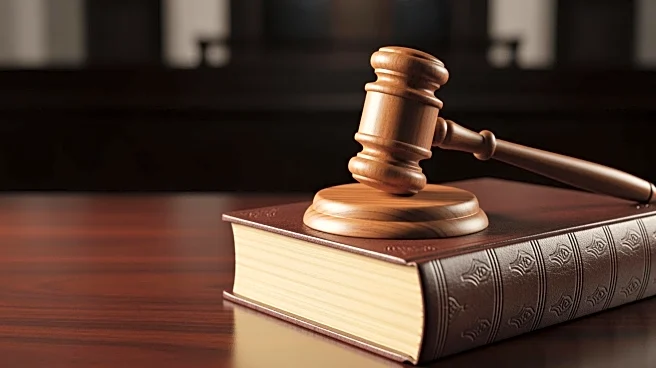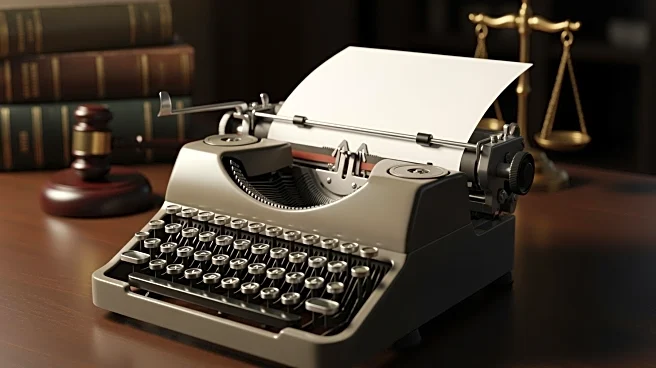What's Happening?
A German court has ruled that OpenAI's ChatGPT violated copyright laws by using licensed musical works without permission to train its language models. The lawsuit, filed by GEMA, resulted in OpenAI being
ordered to pay damages. GEMA views the ruling as a landmark decision for AI regulation in Europe, emphasizing the need for compliance with copyright laws even for AI operators.
Why It's Important?
The ruling sets a precedent for how AI companies must handle copyrighted content, impacting the development and training of AI models. It highlights the legal responsibilities of tech companies in respecting intellectual property rights, which could influence industry practices and regulatory approaches. The decision may prompt other countries to reevaluate their copyright laws in relation to AI technologies.
What's Next?
OpenAI may appeal the decision, and the case could lead to further legal challenges regarding the use of copyrighted material in AI training. The ruling may influence future litigation involving AI and intellectual property, prompting companies to seek clearer guidelines and compliance measures.
Beyond the Headlines
The ethical implications of using copyrighted content in AI training raise questions about innovation, creativity, and the protection of intellectual property. As AI technologies advance, the industry must navigate these complex issues to ensure compliance and respect for creators' rights.









